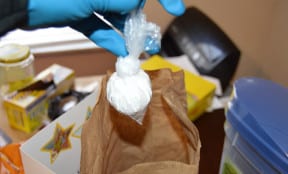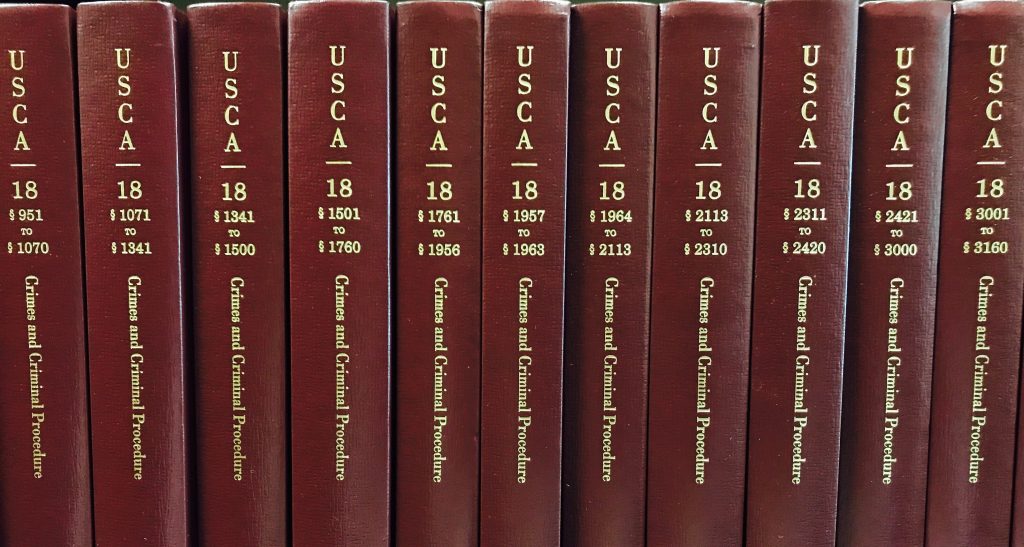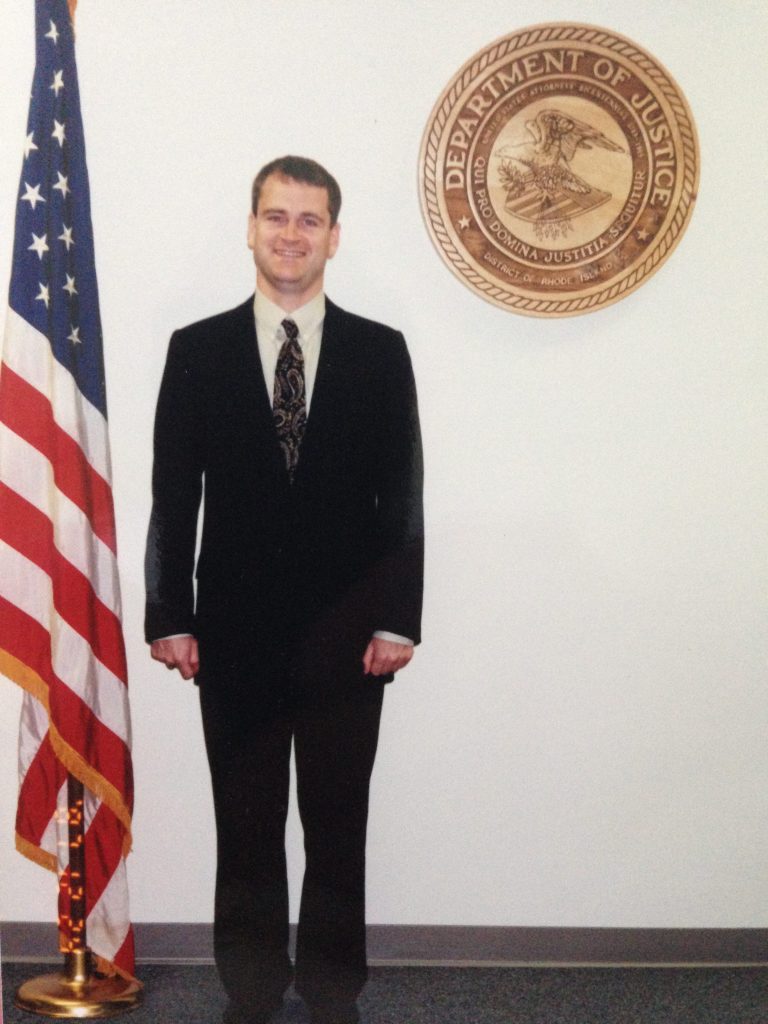What is Federal Supervised Release?
When a Tampa federal judge sentences a defendant to a term of imprisonment in the Federal Bureau of Prisons, the judge will often also sentence the defendant to a term of what is called federal supervised release.

Federal supervised release is a period of supervision (similar to probation) that takes places after the person has been released from prison.
Typically, persons on federal supervised release are obligated to report to a probation officer, take drug tests, pay any restitution owed, find employment, and refrain from committing any new violations of the law. Supervised release is not imposed for purposes of punishment. Instead, the purpose of supervised release is to facilitate an offender’s reentry into society following a term of imprisonment.
A federal court may impose a term of supervised release following a term of imprisonment for any felony or misdemeanor but must impose a term of supervised release if it is required by statute, or if the offender is convicted for the first time of a domestic violence crime.
What is a Violation of Federal Supervised Release?
After a defendant is released from federal prison, they will meet with a federal probation officer so that the officer may explain to the defendant the requirements of their supervised release. The probation officer will also provide the defendant with a written statement listing all of the conditions of his or her supervised release.
If the defendant violates the terms of his or her supervised release, a federal probation officer will file a sworn document called a Petition for Warrant or Summons for Offender Under Supervisory Release. In that document, the federal probation officer will summarize why they believe that the defendant has violated his or her supervised release, and request that a federal judge issue an arrest warrant for the defendant.
What happens if a defendant is on supervised release and becomes a fugitive?
If a defendant becomes a fugitive during their term of supervised release, the period of supervised release is tolled (put on hold). For example, if a federal judge imposes a term of three years of supervised release and then a defendant disappears after two years, the defendant’s supervised release is essentially put on hold and it will not expire. When the defendant is eventually arrested, he or she will have to answer for the violation of supervised release.
What happens after a person has been arrested for violating their federal supervised release in Tampa?
A person that has been arrested for violating their supervised release must be taken without unnecessary delay before a Tampa federal magistrate judge at the Sam Gibbons Federal Courthouse.

The magistrate judge must inform the defendant of the alleged violation. Also, the magistrate judge must tell the defendant that he or she has a right to hire a lawyer or to request that a lawyer be appointed if the person cannot afford to hire a lawyer.
Last, the magistrate judge must inform defendant that they have a right to a court proceeding called a preliminary hearing. At a preliminary hearing, the magistrate judge determines whether or not there is probable cause to believe that the defendant violated his or her term of supervised release.
If after conducting the preliminary hearing, the magistrate judge decides that there is not probable cause to believe that the defendant violated the terms of his or her supervised release, the magistrate judge will dismiss the case and release the defendant.
However, if the magistrate judge decides that there is probable cause to believe that the defendant violated the terms of his or her supervised release, the case will be set for a supervised release revocation hearing.
What is the Procedure for Determining Whether or Not a Defendant has Violated His or Her Supervised Release?
To determine whether or not a defendant has violated his or her federal supervised release, a Tampa federal district court judge will hold a supervised release revocation hearing.
The supervised release revocation hearing must be held within a reasonable time in the district court where the case is pending. The defendant must be given written notice of the alleged violation, the evidence against him, the opportunity to appear and present evidence, the opportunity to question opposing witnesses, and notice of his or her right to counsel.
What Type of Evidence is Admissible at a Revocation of Supervised Release Hearing?
The Federal Rules of Evidence do not apply to Tampa supervised release revocations, and hearsay testimony is admissible as long as it is reliable.
Also, the prosecutor can attempt to prove that the defendant possessed and used illegal drugs while on supervised release by providing the judge with a defendant’s urinalysis test results.
What is the Burden of Proof at a Revocation of Supervised Release Hearing?

To revoke a defendant’s supervised release, the judge must find by a preponderance of the evidence that the defendant violated the conditions of his or her supervised release. A preponderance of the evidence is not proof beyond a reasonable doubt. Rather, under the preponderance standard, the burden of proof is met when the Government convinces the judge that there is a greater than 50% chance that the defendant violated the terms of his or her supervised release.
What Happens if a Federal District Court Judge Finds that a Defendant has Violated His or Her Supervised Release?
If the Judge finds that the defendant violated the terms of his or her federal supervised release, the judge may:
- change the conditions of the supervised release.
- revoke the supervised release and send the defendat back to prison.
- extend the term of supervised release.
Are you looking for the best federal criminal defense lawyer in Tampa Florida? Contact Attorney David C. Hardy.
Tampa Attorney David C. Hardy is a former prosecutor that now represents people that are accused of federal criminal offenses.

Attorney Hardy is Board Certified by the Florida Bar and the National Board of Trial Advocacy as an Expert in Criminal Trial Law. In the Federal Courts, he has handled a wide variety of cases including international extradition, drug trafficking, bank fraud, health care fraud, immigration offenses, aggravated identity theft, the misbranding of drugs, and firearms offenses. He has represented clients in Federal Trial and Appellate Courts in Florida, Texas, and Georgia.
Attorney Hardy has the knowledge, skills, and experience to guide you through a revocation of supervised release hearing and obtain the best possible results. Contact Attorney Hardy for a free consultation.
Posted in Federal Criminal Defense
